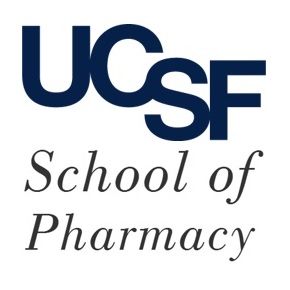Submitted by ja607 on
| Title | Graphical analysis for phenome-wide causal discovery in genotyped population-scale biobanks. |
| Publication Type | Journal Article |
| Year of Publication | 2021 |
| Authors | Amar, D, Sinnott-Armstrong, N, Ashley, EA, Rivas, MA |
| Journal | Nat Commun |
| Volume | 12 |
| Issue | 1 |
| Pagination | 350 |
| Date Published | 2021 01 13 |
| ISSN | 2041-1723 |
| Keywords | Biological Specimen Banks, Cardiovascular Diseases, Causality, Computer Simulation, Gene Regulatory Networks, Genetic Pleiotropy, Genetic Variation, Genome-Wide Association Study, Genotype, Humans, Mendelian Randomization Analysis, Models, Theoretical, Multifactorial Inheritance, Phenotype, Risk Factors |
| Abstract | Causal inference via Mendelian randomization requires making strong assumptions about horizontal pleiotropy, where genetic instruments are connected to the outcome not only through the exposure. Here, we present causal Graphical Analysis Using Genetics (cGAUGE), a pipeline that overcomes these limitations using instrument filters with provable properties. This is achievable by identifying conditional independencies while examining multiple traits. cGAUGE also uses ExSep (Exposure-based Separation), a novel test for the existence of causal pathways that does not require selecting instruments. In simulated data we illustrate how cGAUGE can reduce the empirical false discovery rate by up to 30%, while retaining the majority of true discoveries. On 96 complex traits from 337,198 subjects from the UK Biobank, our results cover expected causal links and many new ones that were previously suggested by correlation-based observational studies. Notably, we identify multiple risk factors for cardiovascular disease, including red blood cell distribution width. |
| DOI | 10.1038/s41467-020-20516-2 |
| Alternate Journal | Nat Commun |
| PubMed ID | 33441555 |
| PubMed Central ID | PMC7806647 |
| Grant List | MC_PC_17228 / MR / Medical Research Council / United Kingdom MC_QA137853 / MR / Medical Research Council / United Kingdom R01 HG010140 / HG / NHGRI NIH HHS / United States U01 HG009080 / HG / NHGRI NIH HHS / United States |





